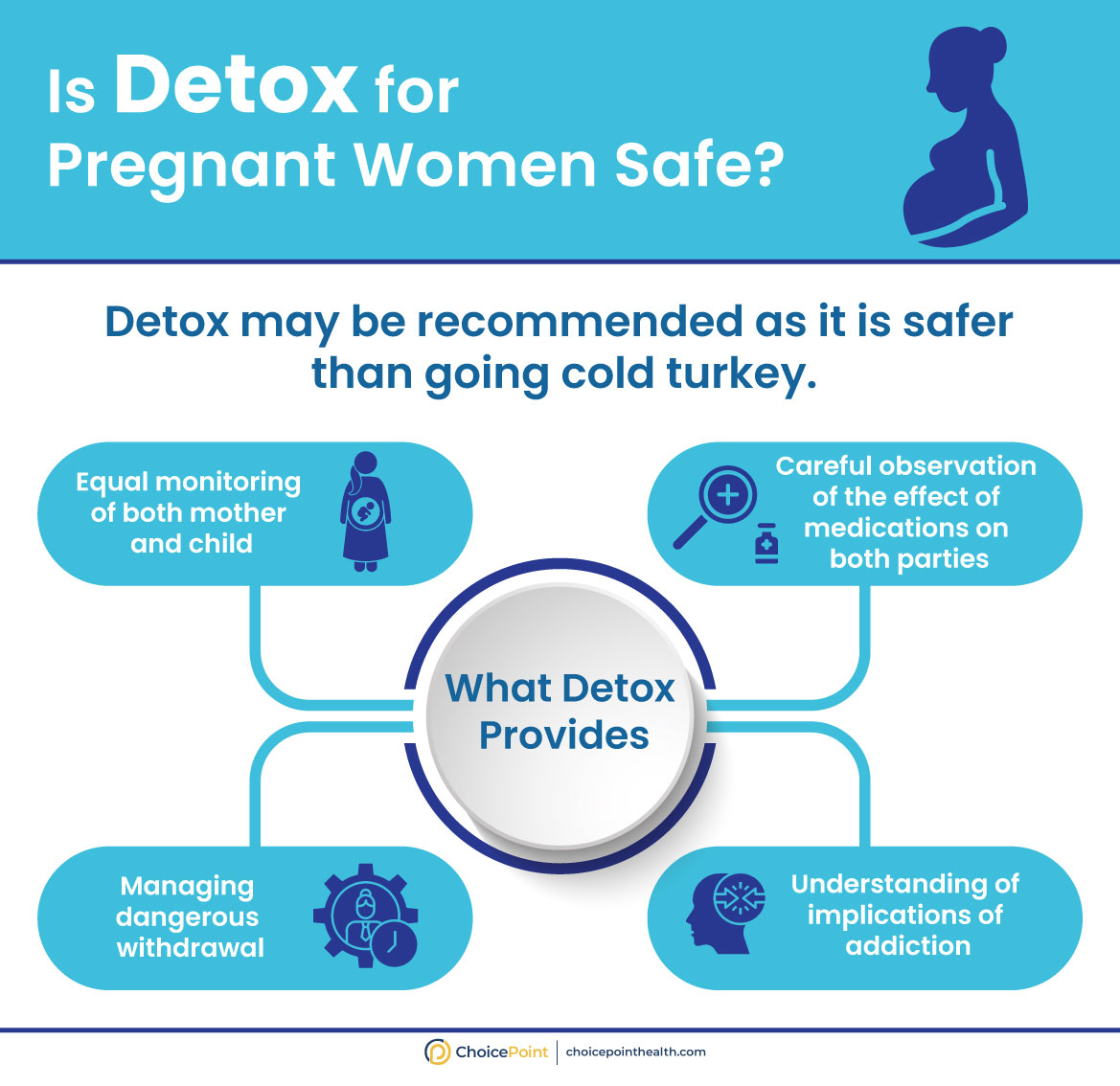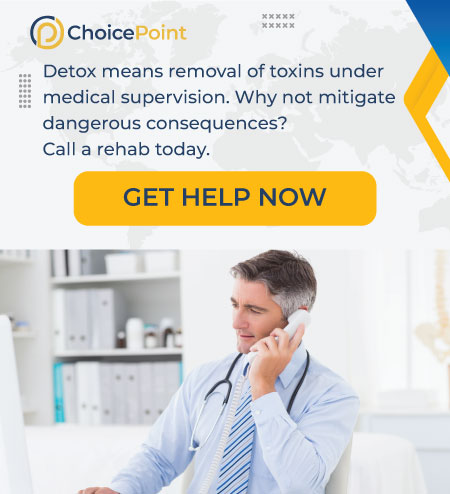The prevalence of drugs is a big issue in the US. The issues of Reports of increased addiction in New Jersey are being highlighted. Of 85,266 people who sought admission, 21% of them were intravenous drug users. New Jersey Detox Centers (outpatient) saw 17,244 admissions. 72% individual of the total admissions were Medicare-sponsored. This means that the need for affordable and comprehensive detox is a necessity that residents are taking advantage of, but what does a comprehensive detox entail?
Table of Contents
Holistic Approach Towards Detox
Detox is a medical process in which drug withdrawal symptoms are managed to avoid painful and dangerous outcomes. It is a safe alternative to going cold turkey for certain drugs like opioids. Here’s what detox includes:
- Medical monitoring
- Removal of toxins
- Medication administration
- Preparing the body to undergo further treatments
Detox is not a long-term procedure; however, it is still compulsory. If you seek addiction treatment, you will need to undergo detox in most cases. This is done to ensure that harmful drugs are taken out of the system. But detox is usually coupled with therapy for improved results.
Addressing Psychological Withdrawal During Detox
Addiction is not only physical dependence on drugs. It is also a great emotional distress. Research suggests using drugs for a long time can change how the body responds to stress, making it harder to quit. Here’s what withdrawal may look like:
- Recurring thought of using drugs again
- Depression and anxiety
- Inability to enjoy anything
- Constant stress
- Feeling empty and hopeless
- Irritability
- Hallucinations or paranoia
These issues are quite common among patients who have a long history of drug use. Individuals facing these issues need to have constant support. Sessions of therapy can help them cope with these situations in a better way.
Personalized Treatments at New Jersey Detox Center
The symptoms of addiction vary from person to person. Rather than using a one-size-fits-all approach, personalized treatments can offer better outcomes. A plan tailored to every patient looks something like this:
- Adjusting medication dosage after an overall assessment
- Using techniques and therapies suited to patients
- Employing a mode of communication in which the patient is more comfortable (virtual or on-site treatments)
- Pinpointing and getting to the root cause of a person’s addiction

Insights Personalized treatments may have more effective outcomes, and integrating addiction care into broader mental health care systems should also be encouraged.

Did you know? Personalized treatments may have more effective outcomes, and integrating addiction care into broader mental health care systems should also be encouraged.
What Happens After Detox?
Once you have undergone the process of detoxification, you will have the following ongoing processes:
a. Continual Therapy
Some individuals may be advised to keep taking therapy after the completion of detox. The level of care you choose will determine the setting of these sessions. For example, if you remain in inpatient rehab after undergoing detox, sessions will be integrated into your day within the premises of the rehab.
Some common therapies for addiction and mental health include:
- Cognitive-Behavioral Therapy Program
- Dialectical Behavior Therapy Program
- Group Therapy Program
- Individual Therapy Program
- Family Therapy Program
- Dual Diagnosis Treatment Program
Therapy and other techniques are employed after assessing the needs of the patients.

How to Detox from Drugs Safely While Pregnant
b. FDA Approved Medication-Assisted Treatment
For drug disorders like alcoholism or opioid addiction, medication-assisted treatment (MAT) programs are recommended even after you have completed detox or rehabilitation completely. MAT is used as a maintenance therapy as it helps avoid relapsing. MAT includes the following medications:
- Buprenorphine/Naloxone (Suboxone®)
- Naltrexone (Vivitrol®/ReVia®)
- Naloxone (Narcan®)
- Buprenorphine (Subutex®)
- Acamprosate (Campral®)

Did you know? Suboxone can also be used for a lifetime, just like medications for BP or diabetes are prescribed.

Did you know? Suboxone can also be used for a lifetime, just like medications for BP or diabetes are prescribed.
Let Us Help You
You may need to find a New Jersey detox center that offers a variety of treatments tailored to your needs. Our addiction specialists can help you make a convenient and effective decision in difficult times. All you need to do is call ChoicePoint at 844.445.2563 or fill out this form.
Paige Dommenge, a registered nurse at ChoicePoint, says, “This utterly false notion that opioid medications should be used for a short period only discourages people from undergoing the very treatment they need. Patients start feeling like they probably have something wrong with them for experiencing cravings even years after they quit. In reality, it is only normal. Addiction is a chronic disease that needs appropriate and constant attention, like many other diseases. If anything, people should try to encourage their loved ones to take the medication. The stigma needs to be removed.”
We offer the following treatments:
You can choose from different levels of care depending on what fits your circumstances:
- Inpatient addiction treatment
- Intensive Outpatient addiction treatment
- Partial hospitalization program/High-intensity outpatient treatment (PHP/HIOP)
- Virtual addiction treatment
We are located in Fairlawn, Bergen County, but you may approach us virtually from any part of the state!
More Questions on New Jersey Detox Center
People also ask the following questions regarding medical detox:
How Long Does It Take to Do a Detox?
The duration of detox depends on the level of care you choose, the severity of your addiction, the drugs you abuse, and your personal preferences. Getting assessed by an addiction specialist can help you understand how long detox for you will take.
What Is One of the First Signs of Withdrawal?
- Body aches
- Anxiety and restlessness
- Irritability
- Sleeplessness
- Mood swings
- Strong drug cravings
How Does the Body Feel When Detoxing?
The body starts adjusting to the new normal of not getting any drugs during detox. This can make patients feel intense nausea, diarrhea, and vomiting. The first few days may be challenging; however, the body stabilizes after some time.
How Do You Prevent Withdrawal Symptoms?
Detoxing and tapering off substances are two safe ways to prevent and manage withdrawal symptoms. While you will still experience some withdrawal during the two processes, it will certainly be less intense and dangerous as compared to going cold turkey.
How to Detox Fast?
It is not possible to accelerate your bodily functions like detoxification. However, having a proper diet, hydration, and a healthy lifestyle is good for overall well-being. You can read about painless and rapid detox to be equipped for more information.
Medical Disclaimer:
ChoicePoint aims to improve the quality of life for people struggling with substance use disorder and mental health issues. Our team of licensed medical professionals research, edit and review the content before publishing. However, this information is not intended to be a substitute for professional medical advice, diagnosis, or treatment. For medical advice please consult your physicians or ChoicePoint's qualified staff.











Review Comprehensive Treatments at New Jersey Detox Center for Drugs.